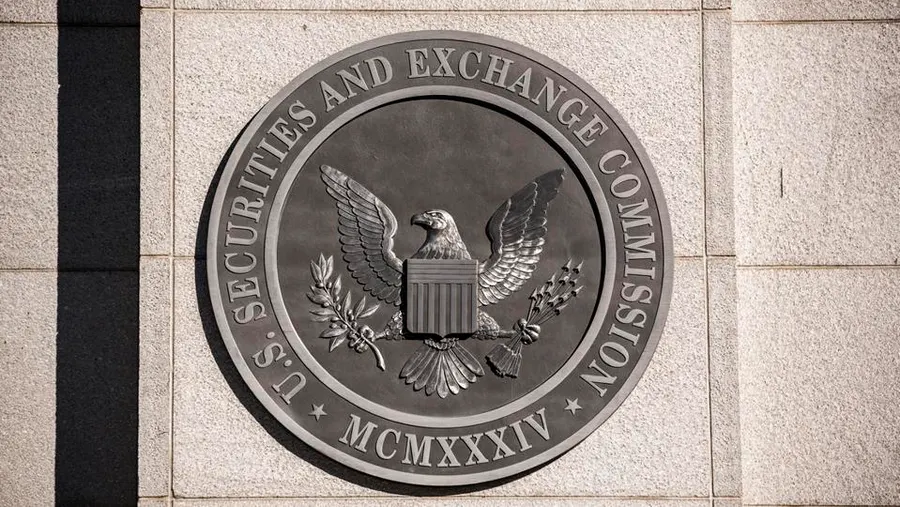
On September 9, 2024, the SEC announced that it had settled charges against seven public companies for requiring their employees to sign agreements that violated SEC Whistleblower Protection Rule 21F-17(a), which provides that no “person may take any action to impede an individual from communicating directly with the Commission staff about a possible securities law violation, including enforcing or threatening to enforce a confidentiality agreement [] with respect to such communications.” The rule prohibits companies from using severance agreements, non-disclosure agreements, confidentiality agreements, and other internal policies and procedures that could hinder employees from communicating with the SEC regarding violations of securities laws.
Together, the seven companies agreed to pay more than $3 million combined in civil penalties:
- Acadia Healthcare Company, Inc., agreed to pay a $1,386,000 civil penalty;
- a.k.a. Brands Holding Corp. agreed to pay a $399,750 civil penalty;
- AppFolio, Inc., agreed to pay a $692,250 civil penalty;
- IDEX Corporation agreed to pay a $75,000 civil penalty;
- LSB Industries agreed to pay a $156,000 civil penalty;
- Smart for Life, Inc. agreed to pay a $19,500 civil penalty; and
- TransUnion agreed to pay a $312,000 civil penalty.
The companies charged with misconduct agreed not to violate the rule in the future and are taking steps to remediate the violations, including by making changes to the relevant agreements.
Some violations of Rule 21F-17(a) by the above companies included requiring employees to sign agreements in which they waived their right to file complaints with federal government agencies as well as their right under securities laws to receive financial awards from reporting misconduct to regulators.
The SEC implemented Rule 21F-17(a) on August 12, 2011, as part of a collection of whistleblower protection rules connected to the Dodd-Frank Wall Street Reform and Consumer Protection Act. The rules were intended to encourage whistleblowers to report violations of securities law.
In recent years, the SEC has been increasing its oversight of agreements violating Rule 21F-17(a). In 2024 alone, the SEC has announced multiple settlements and civil penalties against companies for violating the rule. On January 16, 2024, the SEC announced an $18 million civil penalty against a dual registered investment adviser and broker-dealer, which had asked clients to sign a confidential release that prohibited them from voluntarily reporting securities law violations. On September 4, 2024, the SEC announced a settlement with a broker-dealer and two affiliated investment advisers with a combined $240,000 civil penalty. The firms required clients to sign confidentiality agreements that prohibited them from reporting potential securities law violations to the SEC and state regulators.
For more information, read the SEC's press release. Correia & Puth represents individuals with whistleblower retaliation claims. If you have concerns related to whistleblower retaliation, please contact us.
